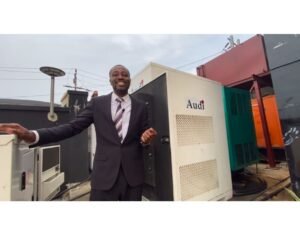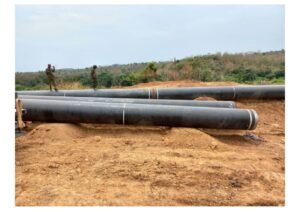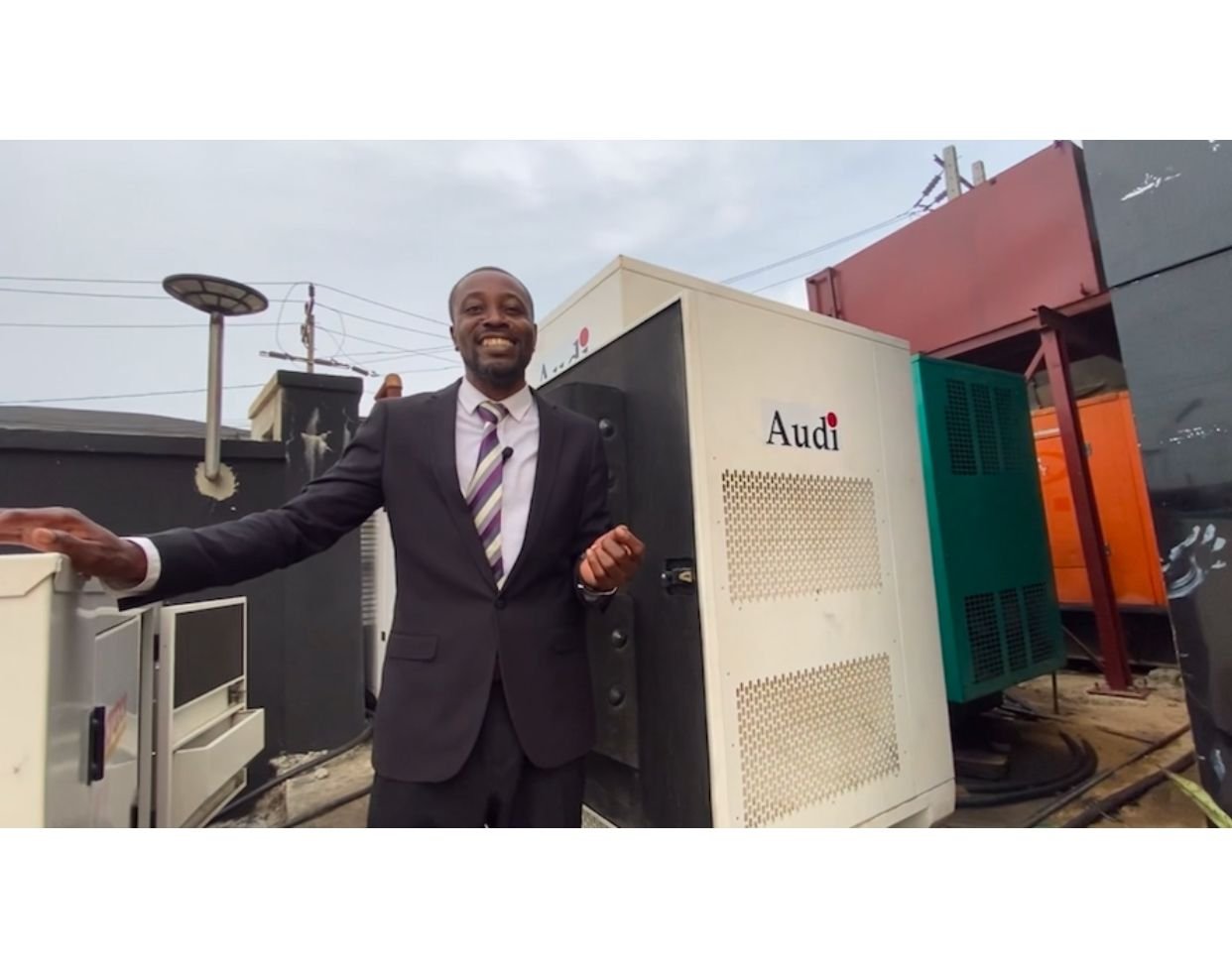
About the Author
Amb. Nelson Bright is a UN UNESCO Peace Ambassador and an Associate Member of the Nigerian Institute of Public Relations (ANIPR). With over 25 years of multinational consulting experience in the energy sector, he has advised on some of the largest energy transition exercises in West Africa. He currently serves as Energy Development Director at Wetclay Energy Technology, with a passion for communications, infrastructure, and innovation.
Diesel Business in Decline as Natural Gas Gains Ground
Nigeria’s diesel-reliant economy is facing a major shift, with natural gas emerging as the cheaper and cleaner alternative reshaping power generation and transport.
Energy consultant and UN UNESCO Peace Ambassador, Amb. Nelson Bright, says the days of diesel dominance are numbered. “Diesel is dying, and gas is choking it—the same way petrol once drowned charcoal and kerosene,” he declared, urging businesses and households to embrace Compressed Natural Gas (CNG) and Liquefied Natural Gas (LNG).
With over 200 trillion cubic feet of natural gas reserves, Nigeria holds one of the largest deposits in Africa. Yet, millions of homes and businesses still depend on diesel generators, which Bright describes as both “noisy” and “expensive.”
According to him, conversion to gas is already saving Nigerians millions. “A 500kVA generator converted into a dual-fuel system saves millions of naira annually. Some industries running LNG systems have cut fuel bills by 60% to 80%, with the cost of conversion recovered within months,” he explained. “CNG is perfect for transport fleets and smaller setups, while LNG powers the big industries—factories, estates, and export hubs.”
Case studies are beginning to emerge. In one instance, an 80kVA generator running on CNG—converted by BEAQ Energies and WetClay Energy Technology—kept an industrial ice block factory from shutting down under high diesel costs. WetClay Energy Technology – The Wet is currently in talks with the ECP’s engineering construction and procurement companies to build LNG plants and transition them to a cleaner energy source, which would save them billions yearly in energy expenditure.
However, Nelson Bright acknowledged that infrastructure gaps remain a stumbling block. “Nigeria has less than 15 operational CNG stations compared to over 30,000 petrol and diesel outlets. Pipelines, mini-LNG hubs, and regasification plants are painfully inadequate, especially in the north and east where diesel dependence is worst,” he noted.
He said early investors will benefit most, but called on government and private stakeholders to act fast. “What we need now are incentives for conversions, green bonds for infrastructure, and strong public awareness campaigns under the Presidential CNG Initiative. Policy clarity and financing support are critical if gas is to become the transition fuel of our time.”

The government-backed Ajaokuta–Kaduna–Kano (AKK) pipeline, a 614km natural gas project, is one of the flagship initiatives expected to boost access. But Bright insists that more immediate investments are needed. “Imagine Nigeria where industrial parks run on locally liquefied gas, transport fleets cut their bills in half, and rural communities generate their own power off-grid. That future is not fantasy—it can be achieved within five to ten years if we embrace gas,” he said.
Bright, who also serves as Director of Energy Development at WetClay Energy Technology, positions himself as an “energy evangelist.” “Like a Jehovah’s Witness, I knock on doors with the gospel of gas,” he said. “The diesel cartel is fighting back, spreading negative news about gas, but its days are numbered. The future is gas.”
WetClay Energy Technology -The Wet
https://www.vanguardngr.com/2025/09/diesel-business-in-decline-as-natural-gas-gains-ground/
https://businessday.ng/life/article/diesel-business-struggles-as-gas-emerges-nigerias-energy-future/




